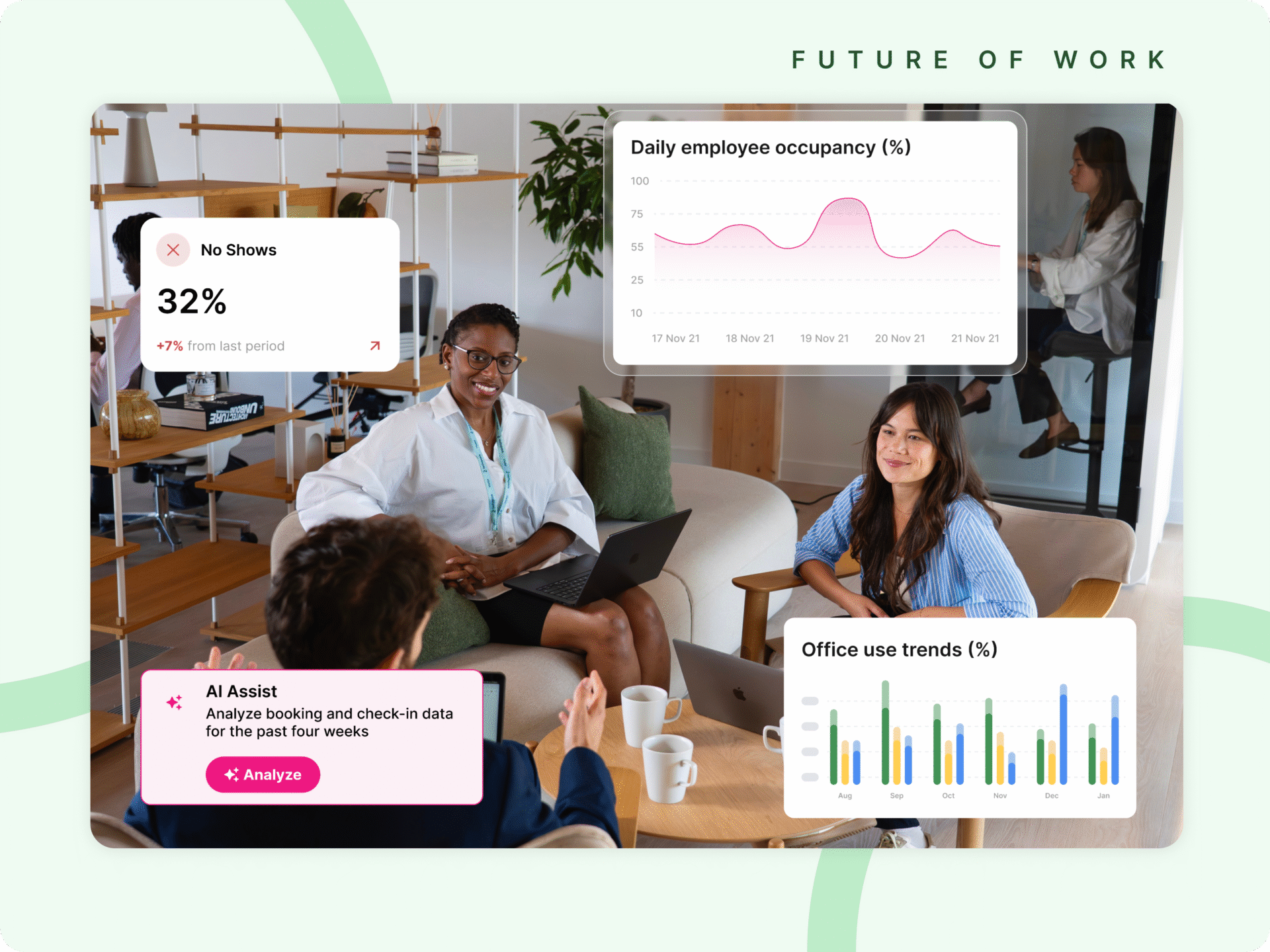When Amazon announced its move to a full-time return-to-office (RTO) policy earlier this year, it drew sharp criticism and sparked concern among employees. Just months later, delays in implementing the mandate emerged, highlighting the logistical and morale challenges of rigid workplace policies.
Now, JPMorgan Chase, the largest bank in the United States with over 300,000 employees, appears poised to follow a similar path, reportedly planning a full-time RTO policy for all employees.
While JPMorgan CEO Jamie Dimon has been vocal about his skepticism toward remote work, this decision raises significant questions about its impact on talent retention, productivity, and operational costs — especially in an industry already navigating fierce competition for top-tier professionals.
The Risk Of Talent Loss
The financial sector has seen a marked shift toward hybrid work, with competitors like Citigroup and Capital One adopting flexible models to meet evolving employee expectations. In fact, a 2023 McKinsey report found that 87% of employees across industries prefer hybrid work models, with flexibility ranking as one of the top reasons employees stay at their jobs.
In an industry as competitive as banking, where top performers drive outsized results, losing talent to more flexible competitors is a significant risk. As Jane Fraser, CEO of Citigroup, stated in 2023, “Flexibility is here to stay. Those who embrace it will thrive; those who resist it will struggle.”
Moreover, the financial industry is already facing a talent crunch. According to Deloitte, global banking attrition rates increased by 10% post-pandemic, driven largely by rigid policies that clash with employee expectations.
For JPMorgan, mandating a full-time return could accelerate this trend, especially among in-demand roles like data analysts, product managers, and risk specialists who have numerous opportunities elsewhere.
Productivity Myths In The Office
Dimon has argued that in-office work fosters collaboration, innovation, and culture, but research suggests otherwise. A 2023 Stanford study found that hybrid workers are, on average, 13% more productive than their in-office counterparts, with fewer distractions and greater autonomy to manage their time effectively.
Even in roles requiring high collaboration, hybrid models have proven effective. A 2023 survey revealed that 86% of financial services employees value hybrid work models. Additionally, 76% feel that hybrid schedules enable their colleagues to deliver higher-quality work.
Mandating five days a week in the office risks not only reducing productivity but also alienating employees who value autonomy and balance—key drivers of engagement and long-term performance.
The Real Cost Of Office Mandates
JPMorgan is investing heavily in office infrastructure, including a 60-story Manhattan skyscraper with yoga rooms, cycling spaces, meditation areas, and a high-end food hall. While these amenities are designed to lure employees back, they may not address the root issues of engagement and satisfaction.
Hybrid work offers a proven path to optimizing real estate costs while maintaining productivity. Deloitte estimates that banks can save 20-30% on real estate expenses by adopting hybrid models and reducing underutilized office space.
JPMorgan’s decision to double down on in-office mandates could lead to underutilized spaces—an issue already plaguing its competitors. A recent JLL report found that office occupancy rates in major cities remain below 50%, with financial firms among the largest contributors to this inefficiency.

Lessons From Amazon’s Delayed RTO
Amazon’s delayed RTO policy offers a cautionary tale. The tech giant faced widespread pushback from employees, logistical challenges, and declining morale, leading to staggered timelines and increased attrition concerns. JPMorgan risks similar fallout, particularly among back-office employees and mid-level managers who have grown accustomed to hybrid work.
A 2024 Gartner study found that companies implementing rigid RTO policies experienced attrition rates 15% higher than those offering hybrid flexibility. For JPMorgan, such turnover could be costly, both financially and operationally, in an already challenging talent market.
A Smarter Approach For The Banking Sector
Banks like HSBC and Standard Chartered Bank have shown that hybrid work can drive productivity, attract talent, and optimize costs. Standard Chartered Bank reported improvement in productivity after formalizing its hybrid model, while HSBC reduced its global real estate footprint by 40%, reinvesting the savings into technology and employee benefits.
JPMorgan has an opportunity to take a leadership role by refining its hybrid strategy rather than reverting to pre-pandemic norms.
By leveraging data to understand space usage, attendance patterns, and policy adherence, the bank could implement a model that balances collaboration with flexibility, and design workplaces that inspire collaboration and keep productivity high.

An Employee-Centric Approach To Hybrid Work
The financial industry is evolving, and so are employee expectations. Rigid five-day office mandates may seem like a way to regain control, but they come with significant risks: alienating top talent, reducing productivity, and inflating operational costs.
JPMorgan’s leadership should consider the lessons from Amazon’s delays and the successes of hybrid-focused competitors. Flexibility isn’t just a perk; it’s a strategic imperative in a rapidly changing world.
By embracing a data-driven, employee-centric approach to hybrid work, JPMorgan could lead the way in shaping the future of finance—one that values both collaboration and autonomy. The question isn’t whether hybrid work can succeed—it already has. The question is whether JPMorgan will seize the opportunity to adapt or risk falling behind.





